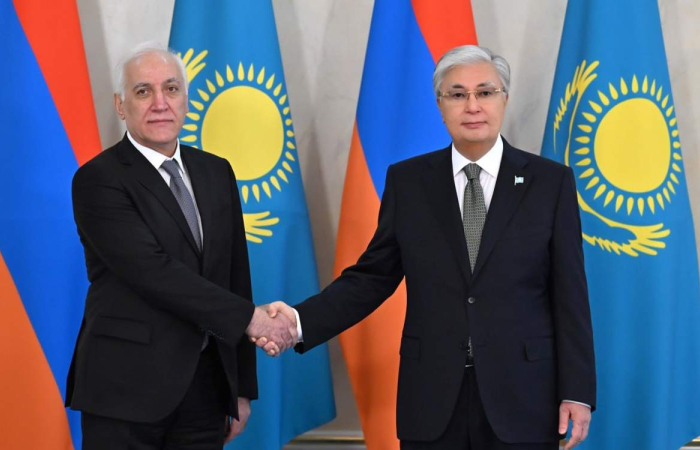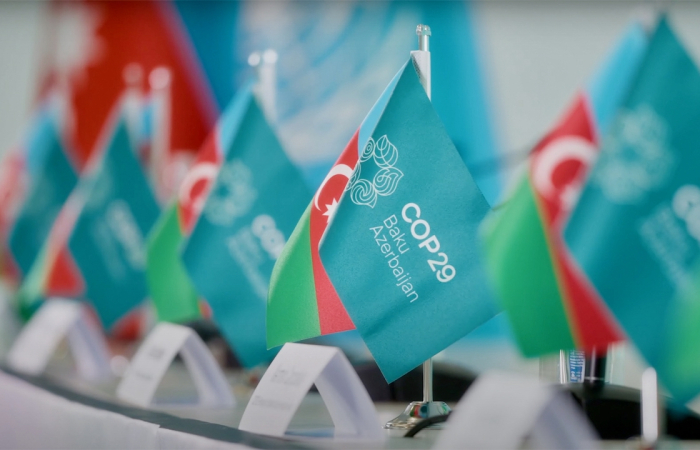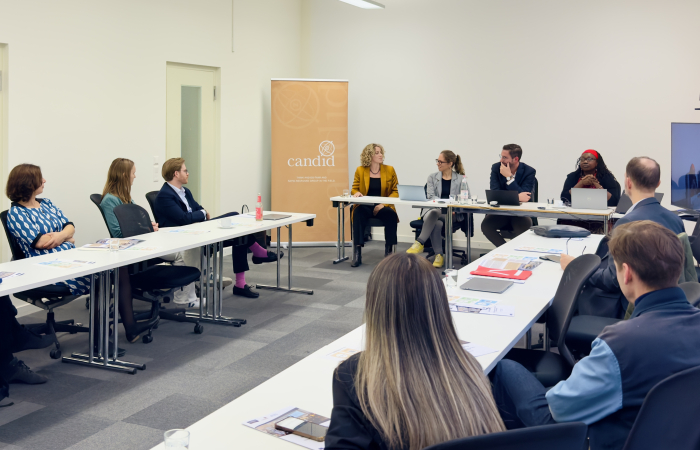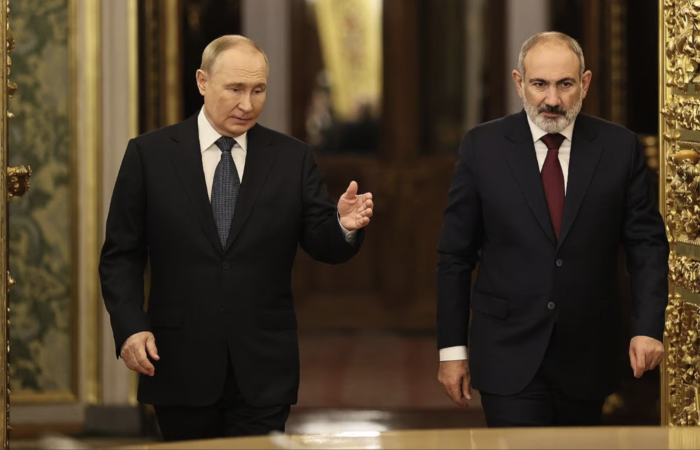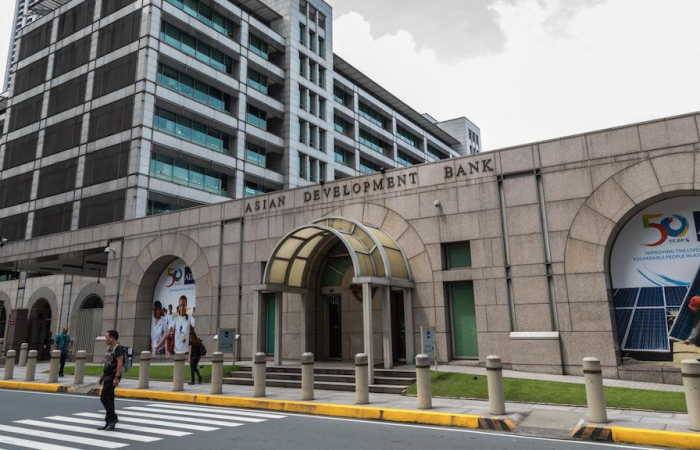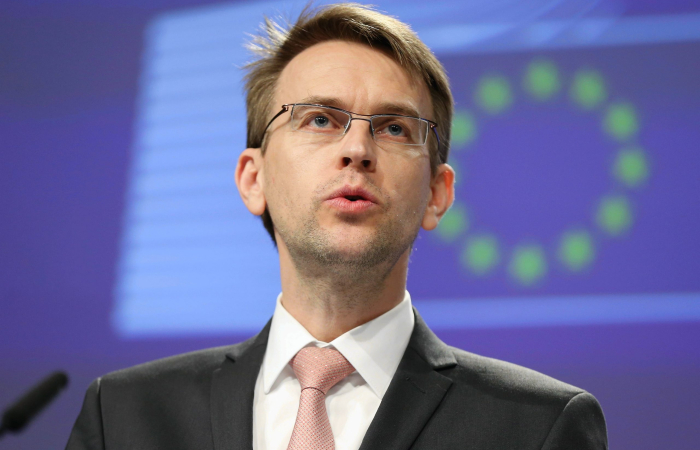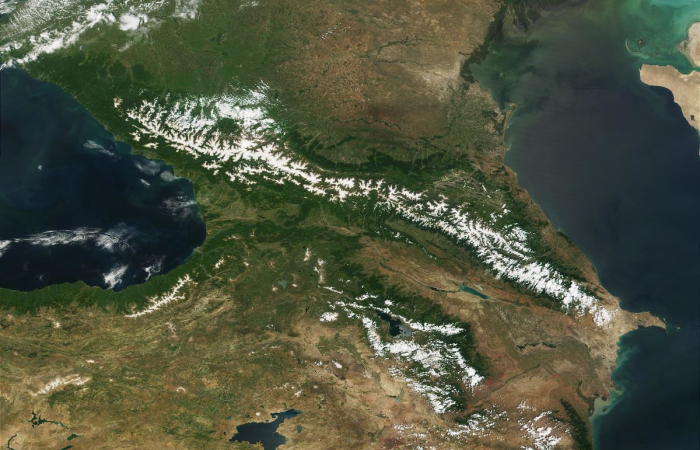Editor's choice
This is a members’ functionality. Please
Sign upOpinion
Trending
Opinion: Middle Corridor gains momentum while Zangezur Corridor remains stalled
4 October 2024
In September, it was announced that China has joined Kazakhstan, Azerbaijan, and Georgia as a partner in the Middle Corridor Initiative, with the China Railway Container Transport Corporation (CRTC) participating in the project. The decision followed extended talks over several months and was confirmed during the 8th International Silk Road Expo, held in Xi’an from September 19-20, 2024. This announcement comes amid the growing significance of the Middle Corridor, also known as the Trans-Caspian International Transport Route (TITR), as a crucial trade link between China and Europe, passing through several Central Asian and South Caucasian countries. The Middle Corridor Multimodal joint venture, established in 2023, offers a “one-stop-shop” service for cargo delivery along this route, aiming to enhance transport coordination, provide transparent tariffs, and ensure consistent delivery times.



